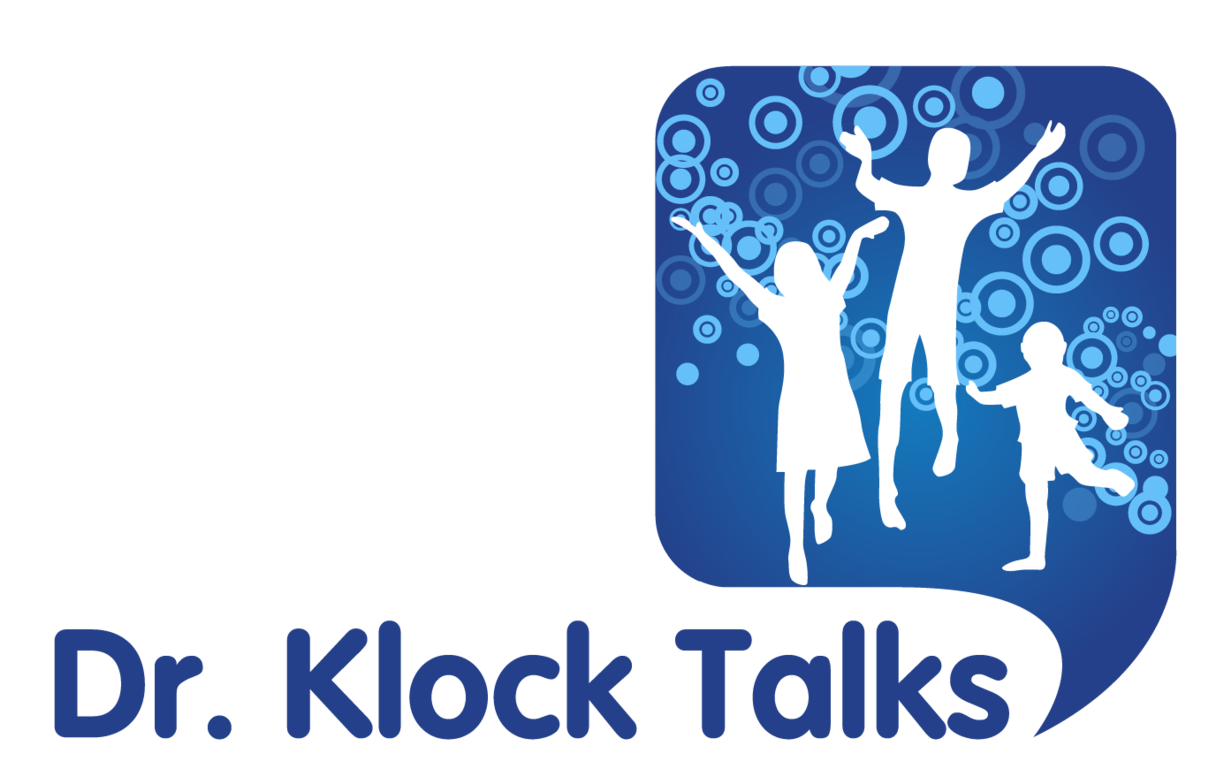So Many Decisions - Vaccines and Your Child
/
Your head spins with the number of decisions associated with becoming a parent that never entered your mind before this eventful time. Decisions range from choosing your baby's name, choosing healthcare, choosing childcare, choosing diaper type to choosing the pattern on your baby's sheets. So many decisions! While I can't help you with the decision to decorate the walls with sailboats or safari animals, I can assist you with education about vaccine safety.
I spent the late 1990's and early 2000's counseling appropriately concerned parents about vaccines as a result of the inaccurate study which was published in 1998 in the Lancet medical journal. This study, conducted by Dr. Wakefield, suggested that the Measles-Mumps-Rubella (MMR) vaccination was related to the development of autism.
By the start of 2010, I observed that new parents were not as familiar with this horrendous study which had parents' head spinning at the start of the 21st century. Recent events suggest that a review of the history of the source of the inaccurate connection between the MMR and autism would be beneficial.
The article below is a wonderful summary of events at the time of the study which will aid your understanding of the issue.
At the end of the study, I have added a link to a site with FAQ's about vaccines and your child.
_______________________________________________________________________________
The MMR VACCINE and AUTISM: SENSATION, REFUTATION, RETRACTION, and FRAUD
T. S. Sathyanarayana Rao and Chittaranjan Andrade1
In 1998, Andrew Wakefield and 12 of his colleagues[1] published a case series in the Lancet, which suggested that the measles, mumps, and rubella (MMR) vaccine may predispose to behavioral regression and pervasive developmental disorder in children. Despite the small sample size (n=12), the uncontrolled design, and the speculative nature of the conclusions, the paper received wide publicity, and MMR vaccination rates began to drop because parents were concerned about the risk of autism after vaccination.[2]
Almost immediately afterward, epidemiological studies were conducted and published, refuting the posited link between MMR vaccination and autism.[3,4] The logic that the MMR vaccine may trigger autism was also questioned because a temporal link between the two is almost predestined: both events, by design (MMR vaccine) or definition (autism), occur in early childhood.
The next episode in the saga was a short retraction of the interpretation of the original data by 10 of the 12 co-authors of the paper. According to the retraction, “no causal link was established between MMR vaccine and autism as the data were insufficient”.[5] This was accompanied by an admission by the Lancet that Wakefield et al.[1] had failed to disclose financial interests (e.g., Wakefield had been funded by lawyers who had been engaged by parents in lawsuits against vaccine-producing companies). However, the Lancet exonerated Wakefield and his colleagues from charges of ethical violations and scientific misconduct.[6]
The Lancet completely retracted the Wakefield et al.[1] paper in February 2010, admitting that several elements in the paper were incorrect, contrary to the findings of the earlier investigation.[7] Wakefield et al.[1] were held guilty of ethical violations (they had conducted invasive investigations on the children without obtaining the necessary ethical clearances) and scientific misrepresentation (they reported that their sampling was consecutive when, in fact, it was selective). This retraction was published as a small, anonymous paragraph in the journal, on behalf of the editors.[8]
The final episode in the saga is the revelation that Wakefield et al.[1] were guilty of deliberate fraud (they picked and chose data that suited their case; they falsified facts).[9] The British Medical Journal has published a series of articles on the exposure of the fraud, which appears to have taken place for financial gain.[10–13] It is a matter of concern that the exposé was a result of journalistic investigation, rather than academic vigilance followed by the institution of corrective measures. Readers may be interested to learn that the journalist on the Wakefield case, Brian Deer, had earlier reported on the false implication of thiomersal (in vaccines) in the etiology of autism.[14] However, Deer had not played an investigative role in that report.[14]
The systematic failures which permitted the Wakefield fraud were discussed by Opel et al.[15]
IMPLICATIONS
Scientists and organizations across the world spent a great deal of time and money refuting the results of a minor paper in the Lancet and exposing the scientific fraud that formed the basis of the paper. Appallingly, parents across the world did not vaccinate their children out of fear of the risk of autism, thereby exposing their children to the risks of disease and the well-documented complications related thereto. Measles outbreaks in the UK in 2008 and 2009 as well as pockets of measles in the USA and Canada were attributed to the nonvaccination of children.[7] The Wakefield fraud is likely to go down as one of the most serious frauds in medical history.[9]
Scientists who publish their research have an ethical responsibility to ensure the highest standards of research design, data collection, data analysis, data reporting, and interpretation of findings; there can be no compromises because any error, any deceit, can result in harm to patients as well harm to the cause of science, as the Wakefield saga so aptly reveals. We sincerely hope that researchers will keep this ethical responsibility in mind when they submit their manuscripts to the Indian Journal of Psychiatry.
Indian J Psychiatry. 2011 Apr-Jun; 53(2): 95–96
VACCINE AWARENESS LINK
http://www.texaschildrens.org/…/cen…/vaccine-facts-and-myths

